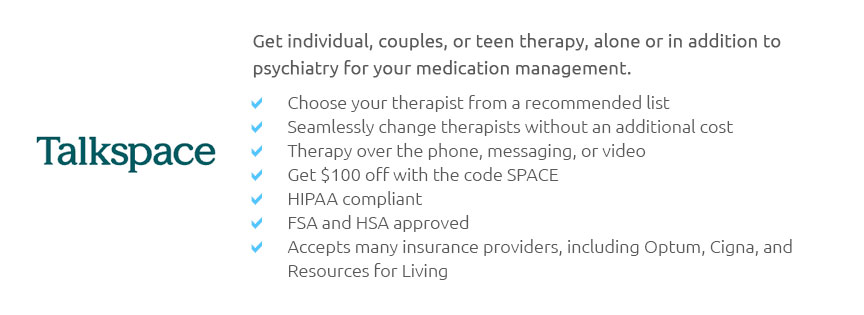 |
 |
 |
|---|
 |
 |
|---|
 |
|
|---|---|
 |
 |
 |
 |
 |
 |
 |
 |
 |
 |
 |
 |
 |
 |
 |
 |
|---|
Seeing a Psychotherapist: A Comprehensive Guide to Understanding the ProcessIntroduction to PsychotherapyPsychotherapy is a collaborative treatment based on the relationship between an individual and a therapist. Grounded in dialogue, it provides a supportive environment that allows you to talk openly with someone who is objective, neutral, and nonjudgmental. Together, you and your therapist will work to identify and change the thought and behavior patterns that are keeping you from feeling your best. Benefits of Seeing a PsychotherapistEngaging in therapy can be beneficial in various ways. Here are some key advantages:
Choosing the Right TherapistSelecting a therapist is a crucial step. Consider the following: Qualifications and ExperienceCheck the therapist's credentials and areas of expertise. Ensure they have experience dealing with issues similar to yours. Personal ComfortFeeling comfortable with your therapist is essential. It is vital to have a therapist you can trust and feel at ease with, as this will facilitate open and honest communication. Preparing for Your First Session
Understanding Therapy SessionsEach session typically lasts between 45 to 60 minutes. During this time, you'll discuss the issues you're facing and work towards solutions. The number of sessions needed depends on the individual and the complexity of the issues at hand. For those looking for specialized support, there are resources available for therapy for gay people, providing a safe space to discuss unique challenges. Frequently Asked QuestionsWhat can I expect during the first session?The first session usually involves discussing your background, current situation, and what you're hoping to achieve from therapy. It's an opportunity for the therapist to get to know you and for you to ask any questions about the therapy process. How do I know if therapy is working?Signs that therapy is working include feeling better, having more clarity in your thoughts, and developing better coping mechanisms. It's important to communicate with your therapist about your progress and any concerns you might have. Is therapy covered by insurance?Many insurance plans cover therapy sessions. It's best to check with your provider to understand what is covered under your policy. For example, you can find therapists near me that accept Blue Cross to ensure your sessions are covered. ConclusionSeeing a psychotherapist can be a transformative experience, offering numerous benefits for your mental health and overall well-being. By understanding the process, selecting the right therapist, and actively engaging in your sessions, you can work towards achieving your personal goals and improving your quality of life. https://www.webmd.com/a-to-z-guides/what-is-psychotherapist
Reasons to See a Psychotherapist - Resolving relationship problems - Easing anxiety or stress from work or other situations - Living with major ... https://www.mayoclinic.org/tests-procedures/psychotherapy/about/pac-20384616
At the first psychotherapy session, the therapist usually gathers information about you and your needs. You may be asked to fill out forms about ... https://developmentalpsychiatry.com/what-does-a-psychotherapist-do-and-signs-you-need-to-see-one/
What Is a Psychotherapist? A psychotherapist is a trained professional who uses psychotherapy techniques. These techniques are used to help the ...
|
|---|